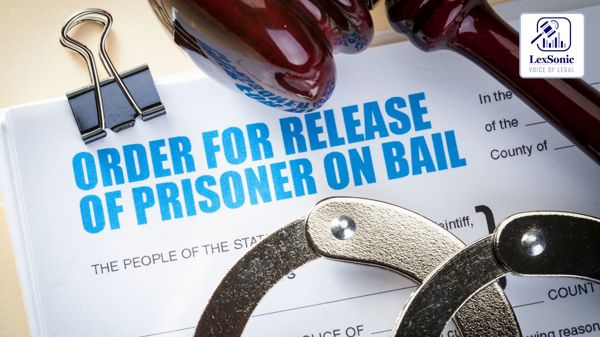Beyond the Scene: Supreme Court Grants Conditional Bail in NDPS Offence.
31 October 2025
Bail and Antcipatory Bail >> Criminal Law | Drugs >> Criminal Law
The case arose under multiple penal provisions--Sections 419, 420, 467, 468, 471, and 120-B of the Indian Penal Code, coupled with Sections 8 and 20 of the Narcotic Drugs and Psychotropic Substances Act, 1985. Over six quintals of ganja valued at about three crore rupees were reportedly seized from a DCM Eicher truck and a Bolero car. While the police apprehended five persons on the spot, the appellant was not amongst those apprehended. He was arrested on 9 July 2024, based exclusively on the disclosure statement of one of the co-accused, who was his father.

The Supreme Court balanced these considerations and felt it appropriate to exercise its discretion under Article 136 and Section 439 of the Criminal Procedure Code by extending bail. Significantly, the grant was not unconditional. The appellant was directed to furnish his contact details, report weekly to the local police station, and ensure that he shall not indulge in any offence during the bail period. It was made clear that any non-compliance would amount to a misuse of the “concession of bail,” warranting automatic consequences.
Code of Criminal Procedure, 1973
